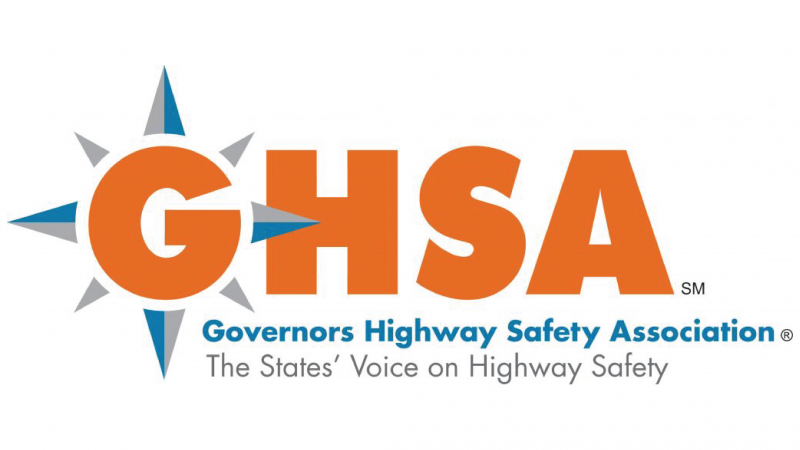Consumer Alert: Subaru Issues Do Not Drive, Recall on Select MY21 Impreza Vehicles
Subaru of America has issued a do not drive notice and recall on select Model Year 2021 Impreza vehicles. This notice and recall involves 802 Model Year 2021 Impreza vehicles. A lower control arm weld on the front driver’s side may fail on affected vehicles. If this happens, the tire could contact the wheel well, […]


